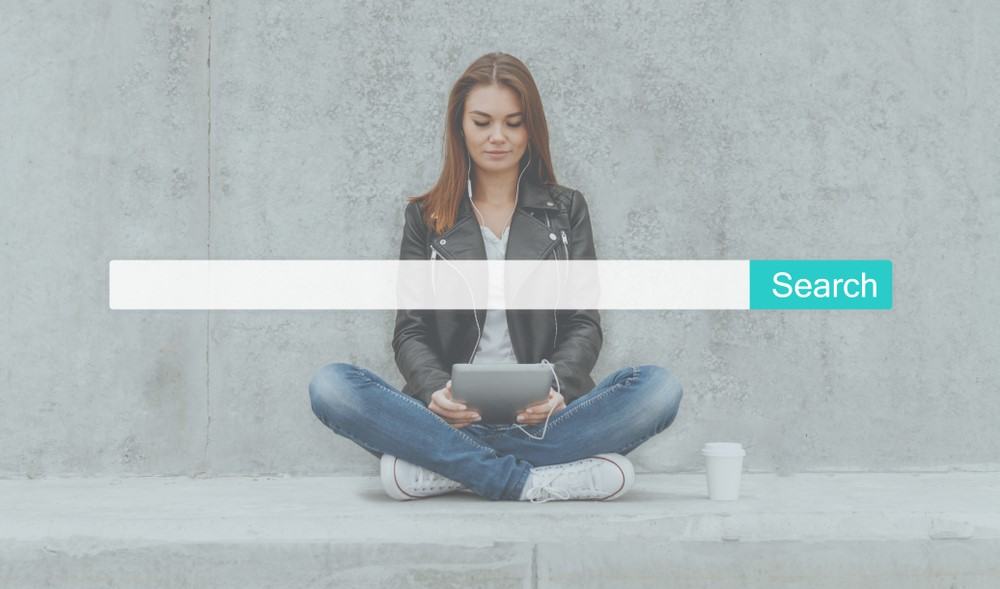When it comes to digital marketing strategies and the best way of getting attention for your online business, there are two central methods: SEO, or search engine optimization, and PPC, or pay per click advertising. They represent different approaches, and each has distinct benefits and difficulties.
By getting a clear understanding of each, you can make a more informed decision about the best way forward for your business. Also, you’ll understand whether you need to investigate SEO literature and trends, or PPC campaigns and services.
PPC – Pay Per Click
Pay per click marketing is an upfront cost style of marketing. Using an online payment platform, you approach a search engine (most probably Google) to arrange the placement of digital advertisements. Through a bidding system, you arrange to have advertisements that link to your website’s pages placed as high as possible on the results page of a search for a particular set of keywords. The money for your bid is only collected if the person viewing your ad actually clicks through to your link.
Pros of PPC
The biggest advantages of PPC are that it is simple, testable, predictable, and scalable. PPC does not involve lots of elaborate website coding, keyword researching, traffic analysis, or extensive deals with other blogs and content creators.
With PPC, at its most basic level, you simply put in your bid. Then you specify your keywords and you are good to go. This simplicity also makes it eminently testable. You can turn a PPC campaign on and off with ease. This allows you to see clearly the difference made with your campaigns.
PPC is also very predictable. That’s because you openly specify the pages that your ads link to. In other words, with a PPC ad, you invite potential customers to link directly to your purchase pages for particular products or services. Also, by using simple adjustments to the range of keywords or the size of your bid, you can easily scale a PPC campaign.
Cons of PPC
The two biggest disadvantages of PPC are cost and behavior. PPC can be extremely expensive. Moreover, with each and every person that clicks through, it becomes exponentially more costly.
This means you are vulnerable to bounces, people who visit your page but do not buy. Therefore, PPC creates the strange situation where people not buying your product can actively cost you money. PPC ads are also more likely to be the target of ad blocking software. And they’re defenseless against people’s instinctive advertisement avoidance.

SEO – Search Engine Optimization
Search engine optimization is a more organic approach to marketing. Rather than paying the search engine directly, you engineer the contents of your website so that it contains certain keywords. This in turn draws the attention of search engines.
Other SEO processes involve reaching out to other websites and blogs and either requesting or purchasing posts that will link back to your page. This is called “backlinking.” The more backlinks there are to your page, the better regarded your website will be by the search engines.
This is just the barest bones of what SEO involves, but the broad principles are here. As the name suggests, it is about optimizing the content of your website for the benefit of the search engine.
RELATED ARTICLE: COMMON SEO MISTAKES SEARCH MARKETERS REFUSE TO ABANDON
Pros of SEO
The biggest advantages of SEO are that it is relatively inexpensive, it has exceptional longevity, and it takes advantage of intrinsic Internet behavior. Although aspects of SEO can be paid for, most of it is functionally free. Instead, it involves strategies like regular blog posting, collaborative linking, and generally making good content.
While this can be time-intensive, the results it produces once it gets going can last for a long time. Moreover, these results do not require the constant stream of investment that PPC needs. Furthermore, because it is linked to using natural results of a search engine, rather than paid advertising, it is immune to ad blocking software. In fact, many Internet users offer more trust to pages they find in the upper to mid-tier of their search results.
Cons of SEO
SEO may be free, but as has been mentioned it is time-intensive. PPC simply involves filling in a form and arranging payment. For SEO it can take weeks, or even months, before you find yourself on the first page of a search engine’s results page.
SEO is also highly unpredictable. You can do your best to target your content toward particular keywords. However, you have no way of knowing which ones will lead online browsers to your page. Nor can you predict which of your pages they will come across first. If you are looking to make particular product pages successful during specific seasons, SEO is an unwieldy tool to accomplish this goal.
Conclusion
SEO and PPC are different beasts. Depending on your business model, the industry you work in, and many other factors, their advantages and disadvantages will interact with you in different ways. There is no right or wrong approach, only the approach that fits you and your business best.


